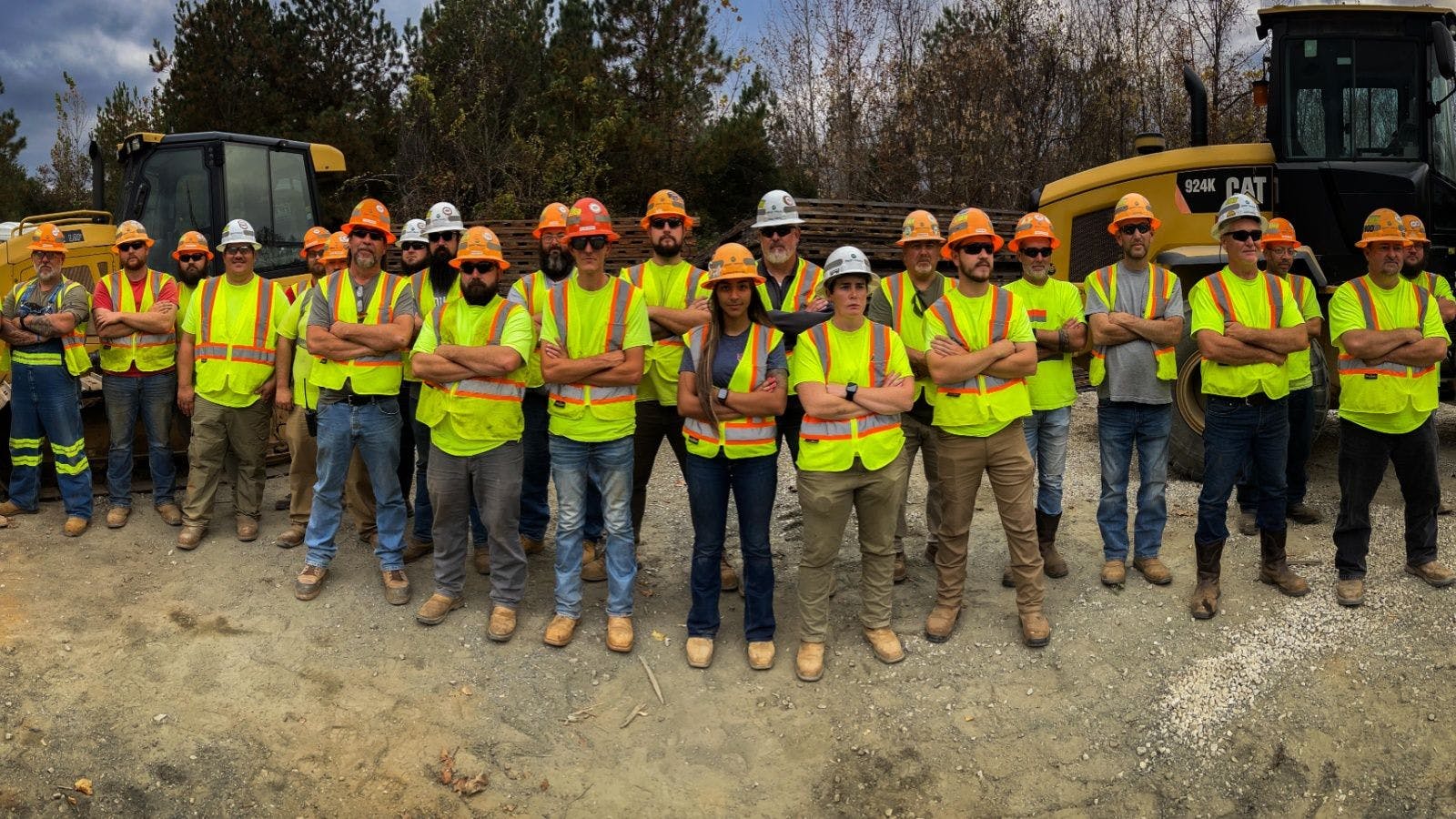
Sharing Company Culture to Strengthen Surety Relationships
Established as an essential business in the early days of the COVID-19 pandemic, the construction industry quickly adapted to a new way of doing business. The construction industry’s response to this unprecedented adversity is an inspiration. A deeper dive reveals a collection of organizations with extraordinary resilience, and in many cases, a renewed focus on organizational culture and wellbeing.
Surety companies have unique visibility into a construction organization. This visibility provides insight into the remarkable response construction organizations had to the events of 2020. Surety conversations typically begin and end (appropriately) with a discussion around financial standing and performance. While many construction leaders will point to prudent financial management and performance as a reason for survival and success, the real passion is revealed when leaders note the strength of the organization’s culture.
Can Culture Provide A Competitive Advantage?
Research continues to show the advantages of having a strong company culture. How can those advantages become apparent to credit partners and enhance ongoing surety support? Chris Murphy, Chief Underwriting Officer of Travelers Bond and Specialty Insurance provides some thoughts on culture from the perspective of a surety credit partner: while a company’s culture is “not a substitute for adequate capital and other underwriting aspects,” says Murphy, “the more I know about you, the more I can do for you.”
Business leaders understand the “permission to play” transparency required with credit partners relative to financial performance and results. There is not always the same level of transparency relative to an organization’s culture and purpose. Finding ways to articulate culture and connect culture with tangible behavior and results can provide an advantage. The current environment demands attention and discipline around expense management, talent management and long-term strategic planning. An organization’s culture will drive outcomes in these key areas.
Expense management
The events of 2020 have prompted most companies to review their cash flow, liquidity threats and expenses. With labor costs being the largest expense of a contractor, it is shocking to read Gallup’s research showing that 34% of the pay to disengaged employees is wasted. This is a factor of absenteeism, loss in productivity and errors.
Awareness of fixed versus variable expenses includes a reassessment of beliefs. If one firm considers an expense fixed and another sees the same expense as variable, who has the competitive advantage (all things equal) heading into changing markets?
Creditors look for disciplined management around expenses, including the willingness to make difficult and unpopular decisions for the sake of company health. Murphy reflected on a contractor that he “thought would struggle to let people go or make hard decisions for the good of the business; yet they ‘crushed it’ and took the steps in a crisis that you would want a contractor to do. They showed me something I didn’t know they had and I give them credit for it.”
Talent Recruitment, Retention and Development
A trait of the most sustainable successful companies is the ability to retain high performing employees. Those leaders often become the candidates for the next generation of company ownership, perpetuating the business another generation.
According to Gallup, only 35% of employees are engaged in their work. Imagine how job performance and team interactions would be improved if more workers at all levels were more engaged. Naturally, an engaged workforce ties into financial performance and organizational stability.
The dimension of wellbeing that has been identified as being the most significant is career wellbeing. Research shows that people who are satisfied with their job, experience a reduction in health risks. How could that play into a contractor’s health insurance costs, team engagement and retention of key people?
Addressing the needs of employees has become more challenging and more exciting in recent years. For the first time ever, many companies now have five generations in the workforce. The challenge is meeting the various needs of employees who are at different life stages. The opportunity is to enhance the training and development of the team. The chance to learn from highly successful and established team members may be the differentiator between a company and its competitors when attracting top talent.
The circumstances of 2020 create the potential to find new talent that was previously unavailable. Could 2021 be the year to build a core team that will serve the company for many years to come?
Long Term View
Because of the risk in the business, many contractors are hyper-focused on executing and completing the existing work in progress. That is the most pressing task. Expanding from the tactical to the strategic, many construction companies focus on long-term financial outlook. Yet another step further is exploring how they run the business and why they are in the business.
Company culture is hard to see. It’s not pizza lunches or time off. Culture is what it feels like to be at work:
- Are employees appreciated?
- Is their opinion valued?
- What is the purpose of the organization?
Long-term organizational success is linked to employee engagement and wellbeing. COVID-19 and the resulting adjustments have hit many people hard with additional stress and uncertainty. It may have felt necessary to bear down on the immediate issues and get through them. It also creates an opportunity for business leaders to consider their employees, COVID-19's impacts on them, and the long-term outlook. Short-term tactical decisions have been warranted in 2020. Yet many leaders also are planting the seeds for long-term success.
Concluding Thoughts
“It’s 2020” became an all-encompassing explanation for all things negative and nonsensical. Reflections on 2020 will develop for years to come – thoughts of loss, grief, fear, injustice, resilience, innovation, success and transcendence. Just as society will process the events of 2020, business leaders can examine how organizations respond and move forward.
Posting a 2021 calendar on the wall will not magically erase the challenges of 2020. The challenges and opportunities remain, and new challenges and opportunities will continue to present themselves. Successful organizations know the critical importance of capturing the hearts and minds of leadership, employees, customers and communities through culture and purpose.
The hearts and minds of creditors can also be captured by providing those partners visibility into the soul of the organization. As Chris Murphy from Travelers Bond and Specialty Insurance shared, “What’s really important is do you know what’s in the hearts and minds of the contractor? What they will and will not do. There can be a better rhythm to the surety relationship” and it starts with contractors being vulnerable and sharing a deeper view of their organizational culture.
Related stories








